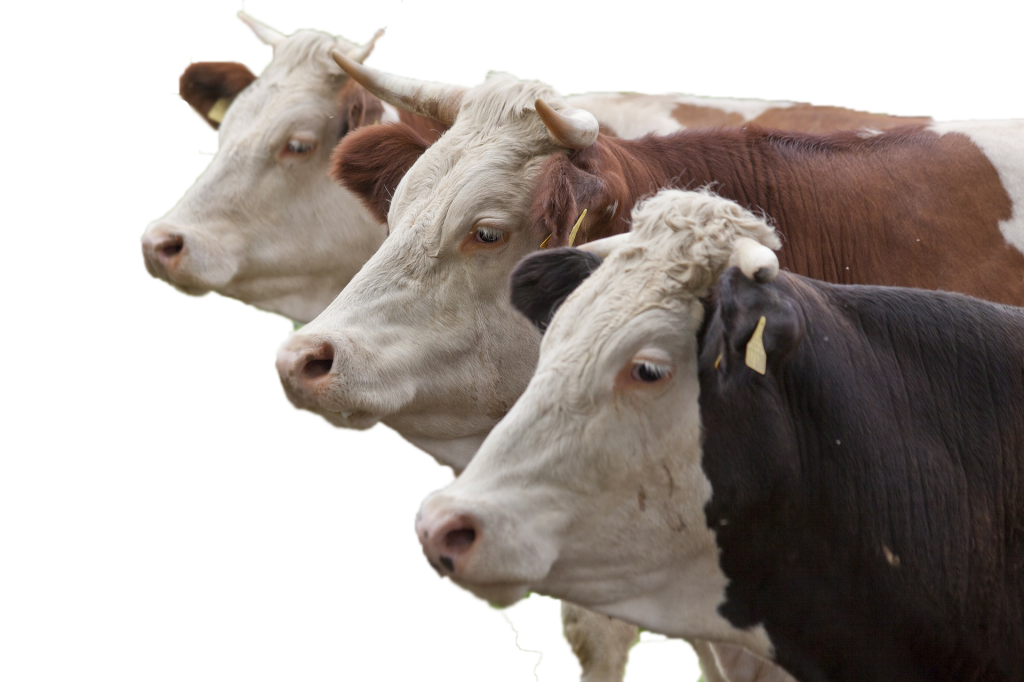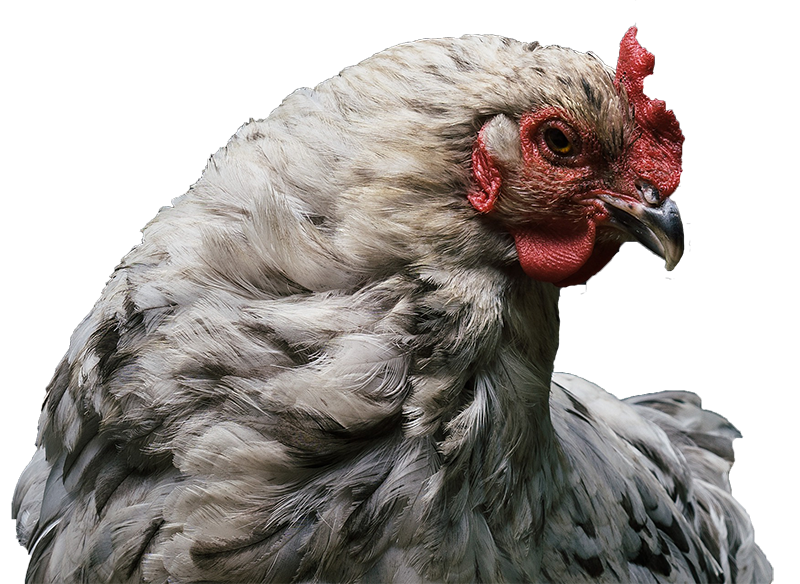Insurance and Transportation
Insurance
Many of our LEA members have relationships with highly rated insurance companies (including LEA Members) from around the world that can provide insurance coverage to importers that gives coverage to protect the major risks of a shipment. The length of the coverage can extend for transit only, but can be extended to include:
pre-shipment isolation period; post-shipment quarantine to 60 days; post-shipment farm coverage for up to 364 days after importation; some disease retests; and loss/abortion of fetus of bred animals.
Animal Transportation
LEA members take the welfare of all animals very seriously, no matter how they are transported—by air, sea or by trucks. LEA developed a Livestock Welfare Audit Program in 2014 that members can take part in to assure the importer that their shipment has been exported in a humane manner that meets the highest standards of modern-day animal welfare.

Insurance
Many of our LEA members have relationships with highly rated insurance companies (including LEA Members) from around the world that can provide insurance coverage to importers that gives coverage to protect the major risks of a shipment. The length of the coverage can extend for transportation only up to 60 days post arrival.
Animal Transportation
LEA members take the welfare of all animals very seriously, no matter how they are transported—by air, sea or by trucks. LEA developed a Livestock Welfare Audit Program in 2014 that members can take part in to assure the importer that their shipment has been exported in a humane manner that meets the highest standards of modern-day animal welfare.
Fair Practices & Handling
The international marketing of live animals is difficult and complex in manner, and several parties can be involved in any one shipment. Buyers are purhcasing the animals for a specific purpose. Many factors may affect an animals capabilities.
Problems may arise as a result of the management of the producer, seller and/or buyer. Handling and care before and after the purchase may affect performance and acceptability of the animal. Because of the above, the success or failure of an international transaction must be a sharing of the responsibilities.

For Exporter or Seller
- Health — It is the basic endeavor of every livestock exporter to attempt to comply with the accepted health standards of the importing country.
- Laws — To the best of the exporter’s knowledge, he will abide by the applicable laws of the United States and the importing country.
- Transportation — The exporter will strive to transport the livestock in a safe, humane, economically efficient manner.
- Advice — It is the moral obligation of te exporter to attempt to consult and advise the buyer to select the correct product that fits its ultimate need.
- Humane consideration — The exporter will strive to handle all livestock in a humane and compassionate manner.
For Importer or Buyer
- Reduce Stress — The goal of the buyer should be to reduce stress and aid in the adaption of the new environment.
- Preparation — The buyer should prepare to properly receive the imported animals, including but not limited to:
Arrangement for a quick customs clearance into the country.
- Proper unloading facilities.
- Cleaned and disinfected transporting facilities.
- Transport and handle humanely.
- Clean and disinfected quarantine facilities with no exposure to other animals. Facility should be designed for livestock comfort.
- Provide proper veterinary and preventative care as well as adequate nutrition.
- Provide proper segregation by sizes, sex or whatever else is necessary.
For Exporter or Seller
- Health — It is the basic endeavor of every livestock exporter to attempt to comply with the accepted health standards of the importing country.
- Laws — To the best of the exporter’s knowledge, he will abide by the applicable laws of the United States and the importing country.
- Transportation — The exporter will strive to transport the livestock in a safe, humane, economically efficient manner.
- Advice — It is the moral obligation of te exporter to attempt to consult and advise the buyer to select the correct product that fits its ultimate need.
- Humane consideration — The exporter will strive to handle all livestock in a humane and compassionate manner.
For Importer or Buyer
- Reduce Stress — The goal of the buyer should be to reduce stress and aid in the adaption of the new environment.
- Preparation — The buyer should prepare to properly receive the imported animals, including but not limited to:
Arrangement for a quick customs clearance into the country.
- Proper unloading facilities.
- Cleaned and disinfected transporting facilities.
- Transport and handle humanely.
- Clean and disinfected quarantine facilities with no exposure to other animals. Facility should be designed for livestock comfort.
- Provide proper veterinary and preventative care as well as adequate nutrition.
- Provide proper segregation by sizes, sex or whatever else is necessary.
NOTE — ALL DISPUTES ARE A MATTER BETWEEN BUYER AND SELLER. THE LIVESTOCK EXPORT ASSOCIATION ASSUMES NO RESPONSIBILITY FOR ENFORCEMENT OF THESE RECOMMENDATIONS.

 USA / English
USA / English Kenya / English
Kenya / English Uganda / English
Uganda / English Tanzania / English
Tanzania / English Pусский / Беларусь
Pусский / Беларусь Pусский / Казахстанh
Pусский / Казахстанh Pусский / Кыргызстан
Pусский / Кыргызстан